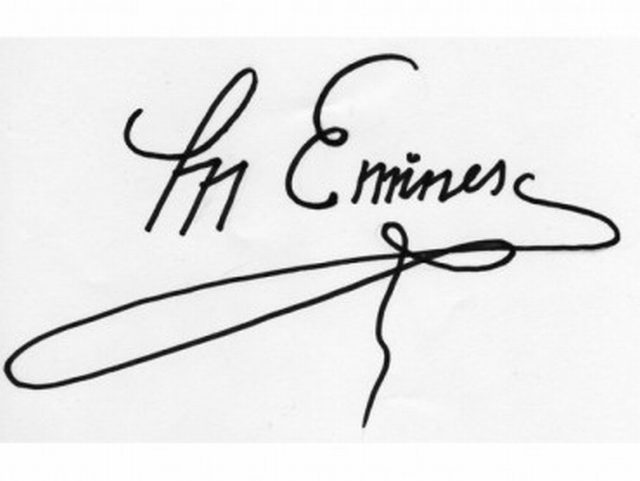Romanian Culture Day
The National Culture Day is celebrated in Romania on January the 15th, concurrently with the anniversary of poet Mihai Eminescu. This is not a coincidence, considering that, as literary critic Titu Maiorescu put it, “poet Mihai Eminescu will be the starting point for the future development of the entire Romanian school of thought.”

Bogdan Matei, 15.01.2014, 13:16
The National Culture Day is celebrated in Romania on January the 15th, concurrently with the anniversary of poet Mihai Eminescu. This is not a coincidence, considering that, as literary critic Titu Maiorescu put it, “poet Mihai Eminescu will be the starting point for the future development of the entire Romanian school of thought.”
Mihai Eminescu, who lived in the second half of the 19th Century, is viewed as the last major representative of European Romanticism, as well as a promoter of enlightened nationalism and conservatism, and over the past century his name has grown into the most popular Romanian cultural brand. This is precisely why, in 2010, the Parliament of Romania chose his birthday as the date of the National Culture Day, a day when according to the lawmakers, Romanians reflect on the Romanian culture in general and on cultural projects of national importance.
Later on, the neighbouring Republic of Moldova decided to celebrate the National Culture Day on the same date, to emphasize the shared language and history of the two countries. In Romania and abroad, the events organized on this occasion are impressive in scope and diversity. The director of the National Theatre in Bucharest, actor Ion Caramitru, gave a poetry recital in Paris, accompanied by a group of instrumentalists. Berlin hosted a theatre performance drawing on the diary of inter-war Romanian writer Mihail Sebastian. In Stockholm, the protagonists of the events organized by the Romanian Cultural Institute are writer Gabriela Melinescu and pan flute player Dana Dragomir.
In Hungary’s capital city, Budapest, works by contemporary Romanian painters are on display, while in Bulgaria, the capital Sofia hosts a book and photography exhibition entitled “Queen Marie: History and Destiny.” The exhibition is devoted to Queen Marie of Romania, wife of King Ferdinand, under whose rule the Romanian provinces previously controlled by neighbouring multinational empires united into the Romanian nation state, after World War One.






























